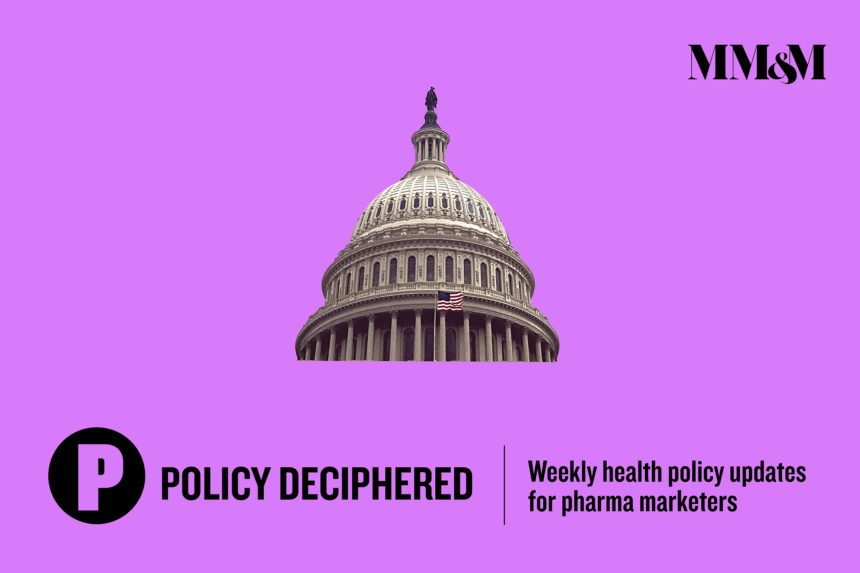Leaders from pharma companies developing COVID-19 vaccines provided updates to Congress about their vaccine development and plans to ensure the vaccine is accessible to all.
Chair of the House subcommittee on oversight and investigations Rep. Diana DeGette (D-CO) called for a national program to ensure a vaccine is accessible and education to ensure Americans are willing to be vaccinated.
“Further critical decisions must be made across federal government, industry and public health shareholders regarding vaccine rollout effort and public and provider education,” Rep. DeGette said. “This is especially true given that the value of a future COVID-19 vaccine lies in the willingness of the American people to get vaccinated and to afford it. Now is the time to prepare for a nationwide vaccine program. While we are rooting for all of your collective success, we must make sure the vaccine is safe, effective and affordable to all Americans who need it.”
As in previous Congressional hearings, some lawmakers are concerned that the speed at which the pharma industry is developing a vaccine may cast public doubt on the safety of the drug.
The leaders from AstraZeneca, Johnson & Johnson, Merck, Moderna and Pfizer emphasized that requirements from the Food and Drug Administration (FDA) have not changed for these vaccines.
All five companies said they were planning to hold a full 30,000 participant phase 3 study, either later this year or early next year, the same requirement for all other late-stage studies.
Dr. Mene Pangalos, EVP of biopharmaceuticals R&D at AstraZeneca, said by the end of the clinical trials more than 50,000 people will have received the vaccine, which may instill confidence in the public.
Another leader, Dr. Julie Gerberding, EVP and chief patient officer at Merck, said the industry is facing a huge hurdle to create a vaccine for the entire world.
“Finding a safe and effective vaccine is only the first hurdle, the second is even greater, to ensure vaccines are accessible and affordable on global scale,” Gerberding said. “Never in the history of humankind have we been tasked with finding an affordable vaccine for everyone.”
She said that, despite years-long efforts, many pharma companies have not been able to provide other vaccines, like those for childhood diseases or the flu, to every person in the world. And that’s the challenge these companies are facing today with COVID-19.
The Representatives also touched on how future vaccines will be priced. Rep. Janice Schakowsky (D-IL) asked each of the pharma leaders whether their company would sell the vaccine at-cost, meaning for the same amount it costs to manufacture.
Several of the pharma leaders, however, did not commit to selling the vaccine at-cost, including those from Moderna and Merck.
The leader from Johnson & Johnson said the company would sell the vaccine at-cost for the duration of the official public health emergency and AstraZeneca’s Pangalos noted the company pledged to provide 300 million doses to the government at no profit to AZ.
John Young, chief business officer at Pfizer, said that a COVID-19 vaccine should be free to the public, but did not elaborate whether the pharma industry or government should provide it.







